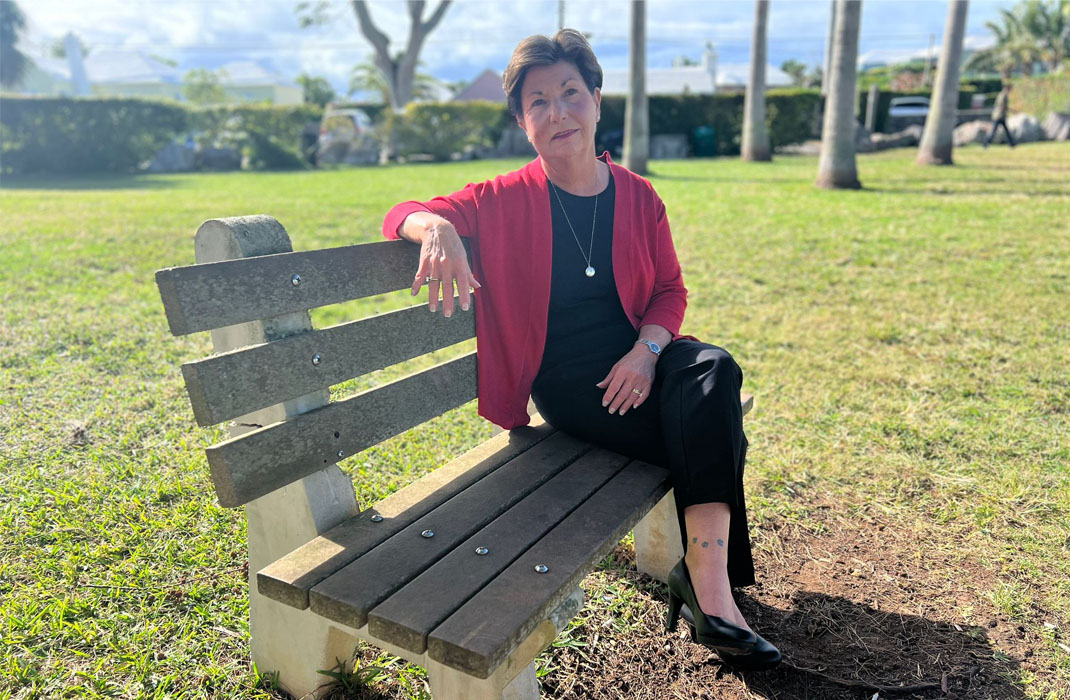-
- Find Care
-
- Visitor Information
- Find a Location
- Shuttles
- Visitor Policies
-
-
- Our Virtual Care Options
- Virtual Urgent Care
- Virtual Visits for Primary & Specialty Care
- Online Second Opinions
- Participate in Research
-
- Contact us
-
- For Innovators
- Commercialization Guide for Innovators
-
-
- Research News
- Alzheimer's Disease
- Artificial Intelligence
-
- Overview
-
- Overview
- Getting Started
- New to Mass General Brigham
- International Patient Services
- What Is Patient Gateway?
- Planning Your Visit
- Find a Doctor (opens link in new tab)
- Appointments
- Patient Resources
- Health & Wellness
- Flu, COVID-19, & RSV
- Billing & Insurance
- Financial Assistance
- Medicare and MassHealth ACOs
- Participate in Research
- Educational Resources
- Visitor Information
- Find a Location
- Shuttles
- Visitor Policies
- Find Care
-
- Overview
- Our Virtual Care Options
- Virtual Urgent Care
- Virtual Visits for Primary & Specialty Care
- Online Second Opinions
-
- Overview
- Participate in Research
-
- Overview
- About Innovation
- About
- Team
- News
- For Industry
- Venture Capital and Investments
- World Medical Innovation Forum (opens link in new tab)
- Featured Licensing Opportunities
- For Innovators
- Commercialization Guide for Innovators
- Contact us
-
- Overview
- Information for Researchers
- Compliance Office
- Research Cores
- Clinical Trials
- Advisory Services
- Featured Research
- Two Centuries of Breakthroughs
- Advances in Motion (opens link in new tab)
- Brigham on a Mission (opens link in new tab)
- Gene and Cell Therapy Institute
- Research News
- Alzheimer's Disease
- Artificial Intelligence
-
- Overview
-
- Overview
- Residency & fellowship programs
- Brigham and Women's Hospital
- Massachusetts General Hospital
- Mass Eye and Ear
- Newton-Wellesley Hospital
- Salem Hospital
- Integrated Mass General Brigham Programs
- Centers of Expertise
- Global & Community Health
- Health Policy & Management
- Healthcare Quality & Patient Safey
- Medical Education
- For trainees
- Prospective trainees
- Incoming trainees
- Current trainees
- Continuing Professional Development
Bermudian Patient Turns to Mass General Brigham for Lifesaving Heart and Cancer Care
Cardiac ablation recommended for atrial fibrillation
Initially, Penny's local cardiologist diagnosed her with atrial fibrillation (Afib). It is the most common type of arrhythmia (irregular heart rhythm). His recommended treatment was cardiac ablation. In this minimally invasive procedure, doctors guide a thin tube into the heart to destroy the heart tissue that causes Afib.
Penny was also anxious about a lump in her neck she had noticed several months earlier. She had two ultrasounds and two biopsies, none of which pointed to cancer.
Eventually, her primary care doctor ordered a CT scan. It showed an enlarged lymph node in her neck. While the scan came back negative, the doctor did not like what she saw. Given the chronic shortage of ear, nose, and throat doctors in Bermuda, Penny was referred to Brigham and Women's Hospital, a founding member of Mass General Brigham, for more testing.
In Boston, Penny saw Brigham and Women's head and neck surgeon Eleni Marie Rettig, MD, FACS. After taking a biopsy, Dr. Rettig told Penny she had tonsil cancer.
"It's quite emotional to talk about her, because she probably saved my life," Penny shared. "She said the cancer was caused by HPV [human papillomavirus] but was 85% to 90% curable. She also said my treatment plan was going to be pretty intense."
The treatment plan called for a combination of chemotherapy and radiation therapy over a seven-week period. Fortunately, she was able to receive treatment at home, close to family and friends.
"I want to make people aware of the HPV vaccine," she said. "I'm 100% cancer-free, but it took me a long time to get there. And maybe someone else won't be so lucky. It's important to get your shot."
Fixing the blocked artery before the Afib
After completing her cancer treatment, Penny met with Dr. Martin at Brigham and Women's about her Afib. Once again, an unexpected complication arose.
Penny had noticed a burning sensation in her chest that came on when she was stressed. Dr. Martin worried that might be a sign of coronary artery disease, or CAD (a narrowing or blockage of an artery in the heart). He ordered a CT scan, which confirmed his suspicion. Penny would need to have that fixed before having the ablation.
"CAD is a plumbing problem. Afib is an electrical problem," Dr. Martin said. "It's just like if you're remodeling your kitchen—you need to do the plumbing first and then the electrical work."
Jane Leopold, MD, a Brigham and Women's interventional cardiovascular medicine specialist, performed a percutaneous coronary intervention (PCI) to address the blockage. The procedure involved inserting a stent inside the artery to keep it open and restore blood flow.
"I'd never had surgery before and was nervous," Penny said. "Dr. Leopold came in beforehand and explained everything she was going to do. It made me feel more relaxed and confident that I could make it through this."
A week later, Penny headed home. She returned to Boston three months later for the long-awaited ablation. Brigham and Women's electrophysiologist Jorge Romero, MD, performed the procedure, which lasted about three hours. As with the PCI, Penny didn't need to stay at the hospital overnight. By the next day, she felt fine.

